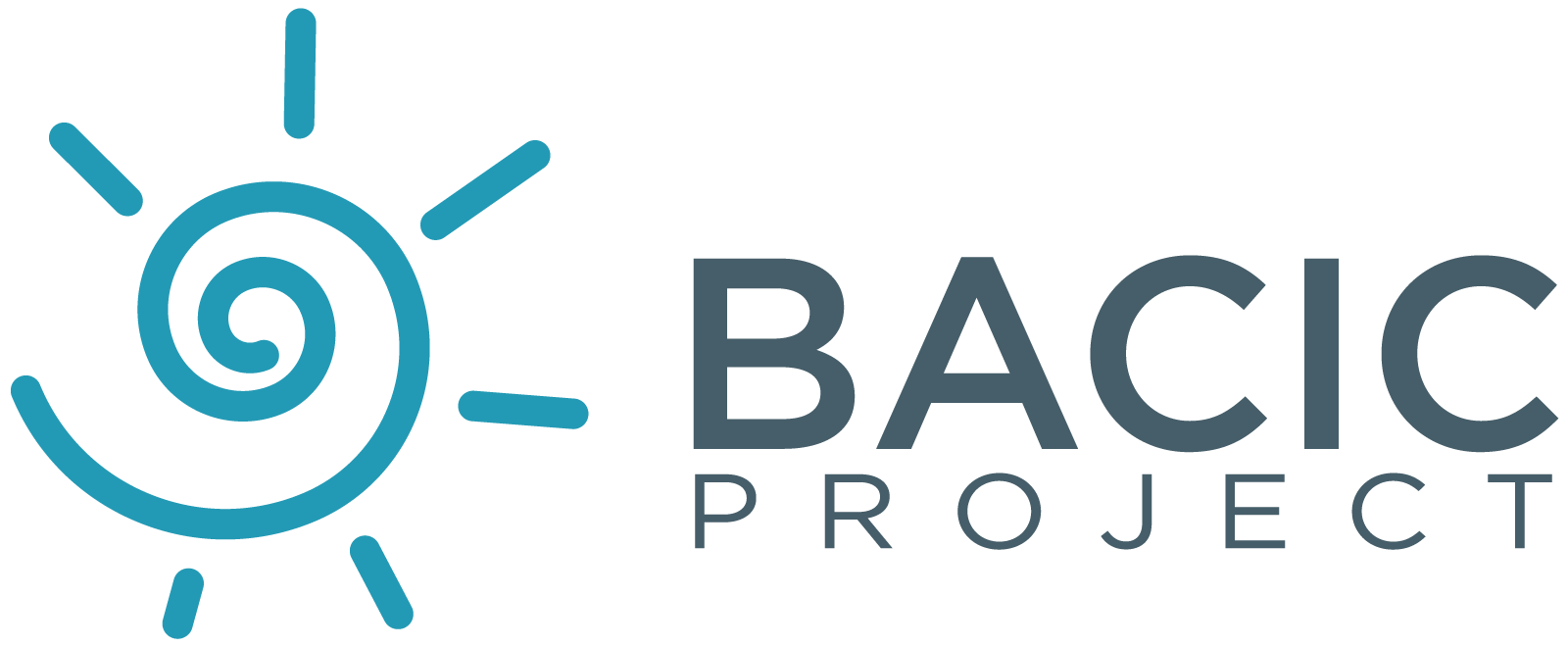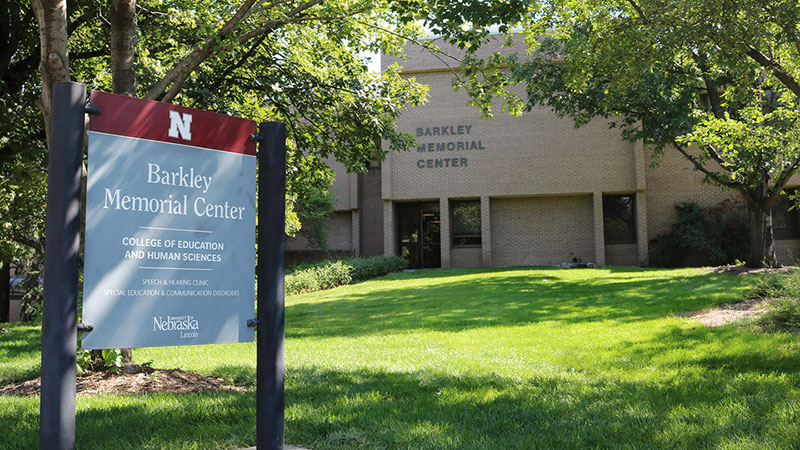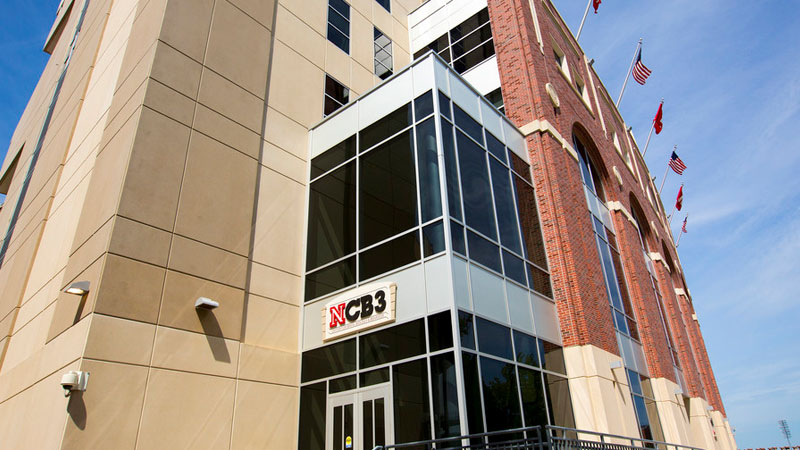Current Research Studies
BACIC Project
Brain Activation of Cochlear Implant Candidates
This study aims to identify brain-based factors that predict future hearing improvements among candidates for cochlear implants. In the future, this knowledge will help guide clinical practices and empower individuals seeking solutions for severe to profound hearing loss.
Eligible participants: Adults ages 19-80 with sensorineural hearing loss.

Download Flyers Project Website
BIRD Project
Brain Imaging of Reading Development
This study aims to identify the unique and comprehensive neural and behavioral profiles of young children with hearing loss during reading development to uncover the core auditory and neurocognitive factors that affect reading outcomes.
Eligible participants: Children ages 5-15 with and without hearing loss.
Facilities & Equipment
NL3 conducts research at two locations at the University of Nebraska-Lincoln.

Barkley Memorial Center
Located on East Campus, this space includes three workstations dedicated to neuroimaging data processing and a conference area for meetings.
View Map
Center for Brain, Biology and Behavior (CB3)
Located inside Memorial Stadium on City Campus, this space houses state-of-the-art equipment dedicated to neuroscience and behavior research.
View MapCollaborations
Collaboration is essential to achieve our shared goals. Reach out if you are interested in partnering with NL3 to use brain imaging techniques in your research or wish to consult with Dr. Wang on your brain research. A consultation fee may apply.
Collaborate with UsCurrent Collaborators:
- Cochlear Implant Laboratory
- NL3 is working with Michelle Hughes, Ph.D., to identify neural predictors of speech perception outcomes in adults with cochlear implants.
- Communication Neuroscience Laboratories
- NL3 is working with Steven Barlow, Ph.D., to conduct exploratory clinical trials on motor rehabilitation in patients with unilateral middle cerebral artery (MCA) ischemic stroke using saltatory pneumotactile stimulations and to establish an atomic Magnetoencephalography (MEG) Lab.